Are you an enthusiastic beginner or an experienced gardener? Either way, Mecklenburg County and its partners can help you grow your skills and passion in the garden.
Learn with Master Gardener Volunteers
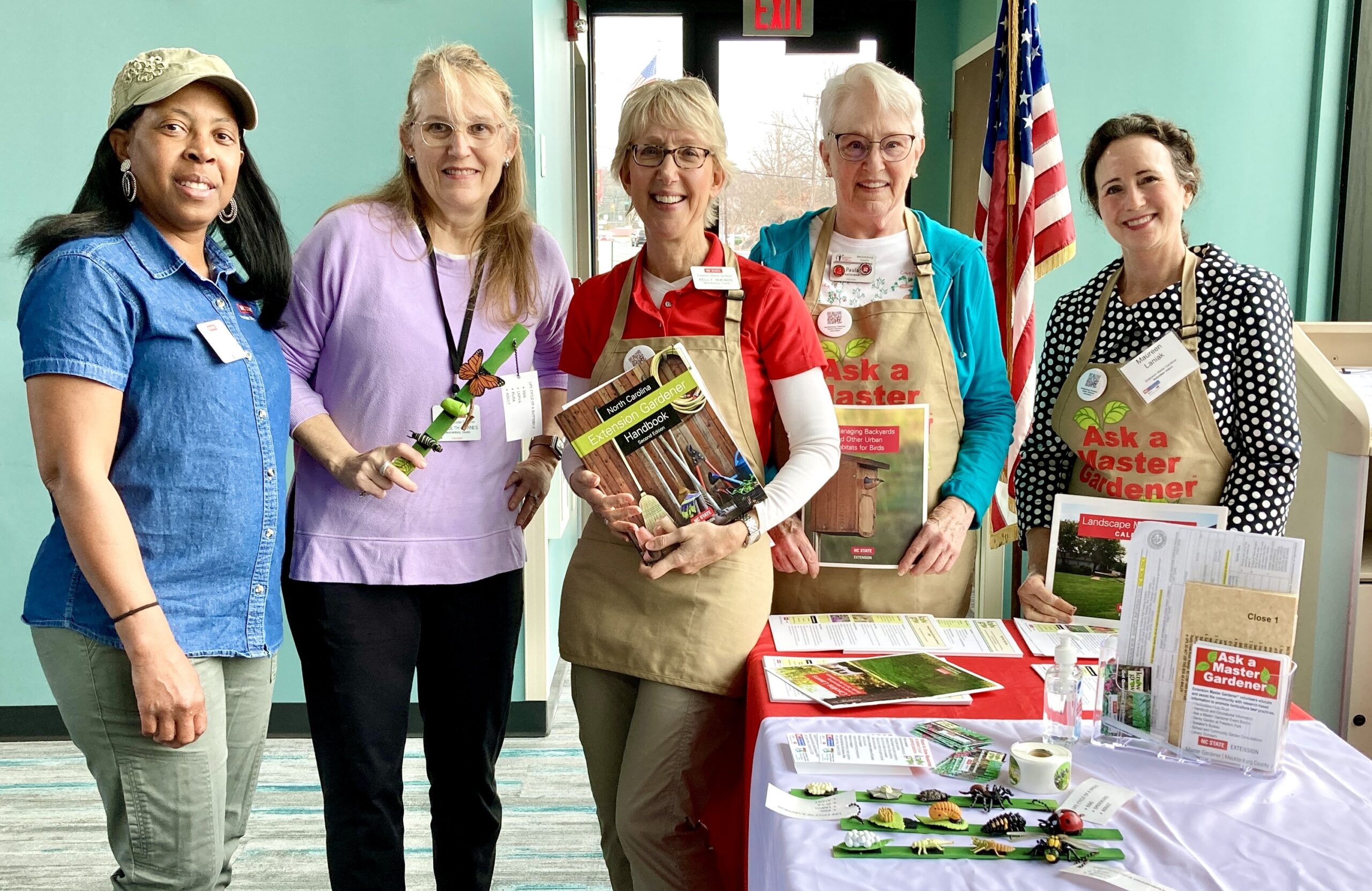
Planning ahead and research-based advice are essential to starting a healthy garden.
The County partners with the Cooperative Extension at North Carolina A&T State University and NC State Extension through the N.C. Cooperative Extension program. This brings agriculture, horticulture, conservation and health research to communities.
Extension Master Gardener Volunteers are ambassadors of the Extension program. They teach residents about gardening and environmental stewardship. They’re your neighbors and know what grows well here. These volunteers can guide you on your path to becoming a gardener or growing your knowledge. Here are a few ways Extension Master Gardener Volunteers can help.
Ask the Horticultural Help Desk
Get answers to your gardening questions through the Horticultural Help Desk. Do you have questions about flowers, fruits and vegetables? About trees and shrubs, perennials and ornamentals, or diseases and pests? About turf and weeds, or landscape design? The volunteers have you covered! This is a great option for at-home gardeners. Check out their month-by-month garden calendar for the Piedmont region and other helpful resources.
Request A Speaker or Consultation
Are you with a community organization or a school? Volunteers can guide you on building, sustaining and enjoying a shared garden. Extension Master Gardener Volunteers also speak at club and neighborhood events. Speakers bring hands-on activities and the latest research.
Soil Testing
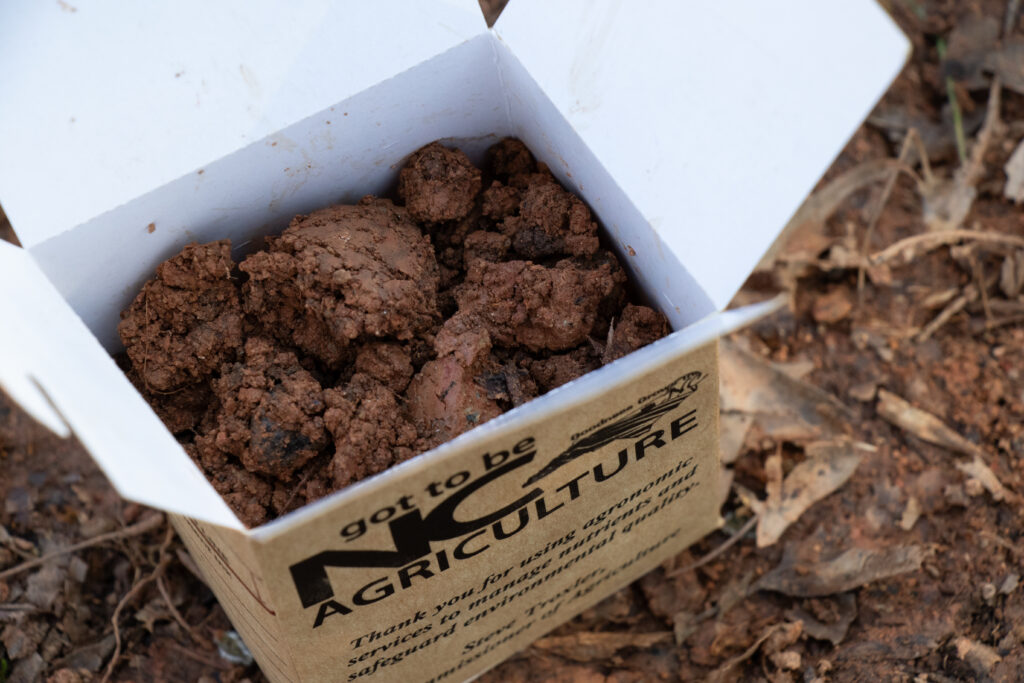
High-quality soil is essential to a healthy garden. A soil test report will tell you the state of your soil, such as pH levels and nutrient needs. It will suggest ways to change your soil, based on what you want to plant.
North Carolina residents can get free tests from the N.C. Department of Agriculture and Consumer Services’ Soils Lab most of the year. There’s a small fee during peak season (December 1 to March 31).
Several Mecklenburg County facilities have free soil test kits. Kits will come with instructions for collecting and mailing soil samples.
Local Compost and Mulch
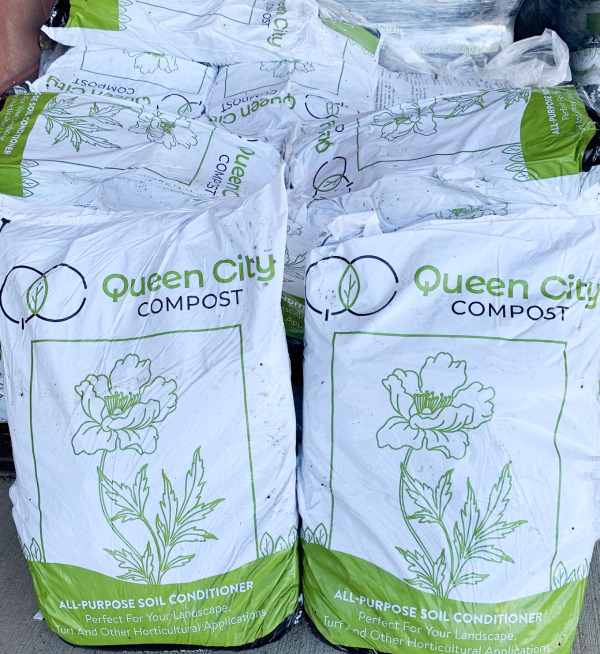
Mecklenburg County Solid Waste and Recycling turns local yard waste into organic compost and mulch. Use it to feed your soil, prevent weeds and regulate temperatures. Get your mulch or compost at select recycling centers.
Community Gardens
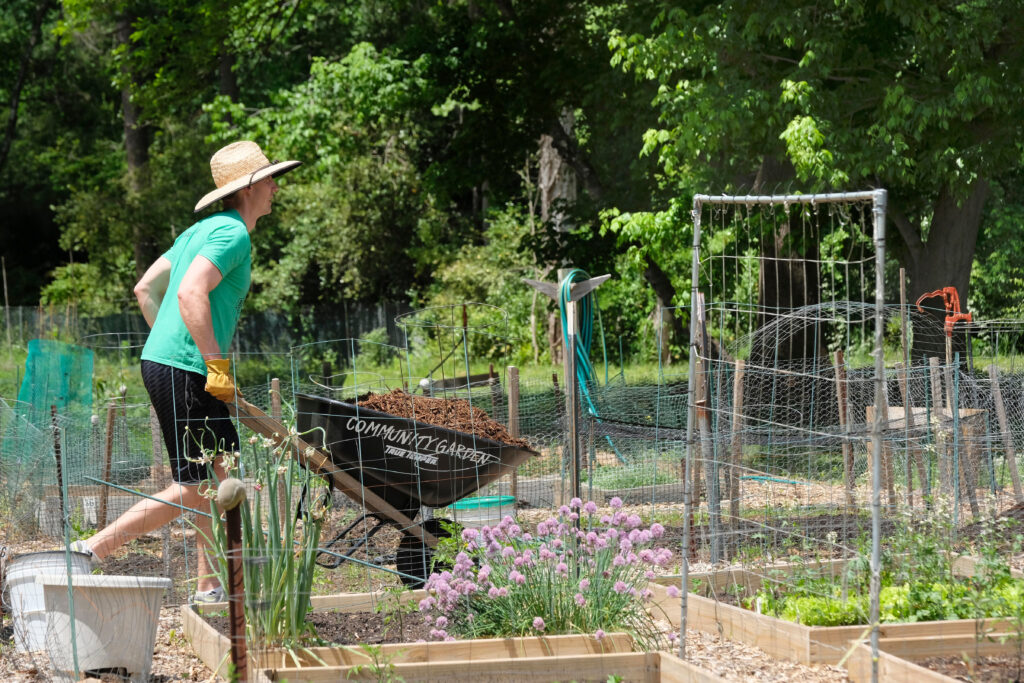
Are you a gardener without an outdoor space? Join a Mecklenburg County Park and Recreation community garden. They sit on public lands across the county. The County doesn’t charge for a plot. But, many community garden groups may ask for a fee to help pay for shared tools.
There is high demand for plots so don’t wait to request your spot and learn about the responsibilities of your new plot.
Garden Clubs and Volunteering
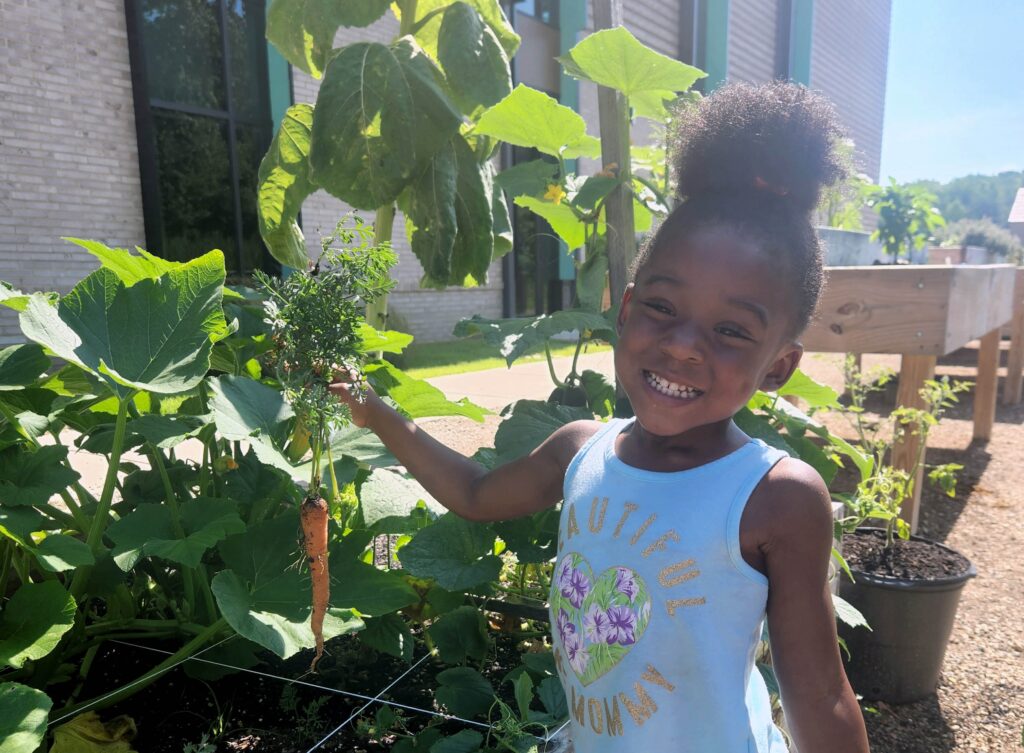
Several County recreation centers and nature preserves host gardening activities or clubs. Join a club to hone your skills and knowledge, and to meet fellow gardening enthusiasts.
Also look for chances to give back to your local recreation center. Volunteer to make their community garden a little prettier.
Keep Learning, Keep Growing
Mecklenburg County and its partners can help you be a life-long learner. Charlotte Mecklenburg Library offers gardening books and programs at several branches. These programs include seed libraries, plant swaps and book clubs.
Get tips and tricks from NC State Extension blogs and resources like the North Carolina Extension Gardener Plant Toolbox. The toolbox describes and shows thousands of North Carolina plants. And brush up on your native and invasive species knowledge.
Become a Master Gardener Volunteer
Are you ready to take your love of horticulture to the next level? Help your community, consider becoming an Extension Master Gardener Volunteer! Volunteers receive training and must complete volunteer hours every year. Learn more about becoming an Extension Master Garden Volunteer today!
